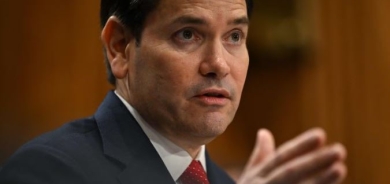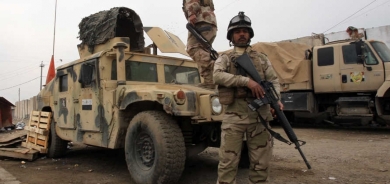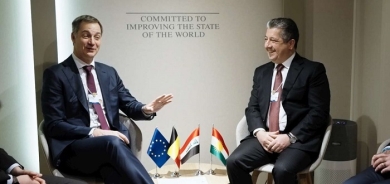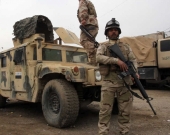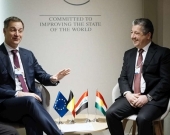Kirkuk Administrative Position Distribution Sparks Controversy

The distribution of administrative positions in Kirkuk province has ignited significant controversy, particularly among the Kurdish population, who, despite being the majority in the city, have received the fewest positions. In contrast, the Arab population has secured the majority of these roles, with expectations of receiving even more.
Raad Saleh, a member of the Kirkuk Provincial Council representing the Arab bloc, emphasized the need for a more equitable distribution, stating, "We have the right to be given more positions because we have not received some of the positions we are entitled to yet, while there is a political agreement on how to distribute them."
The Turkmen community has also voiced its dissatisfaction. Türkeş Ezzaddin, a member of the political bureau of the Turkmen Front, advocated for fair representation, arguing, “Real participation must be embodied in Kirkuk, but our rights in Kirkuk have been violated, so not only should positions be distributed, but all institutions should be divided by 32 percent.”
The Kurdistan Democratic Party (KDP) echoed similar concerns, suggesting that a solution lies in reverting to the 32 percent formula for distributing positions, arguing that Kurds have been underrepresented in the current administrative formation.
Tensions escalated following a controversial meeting held on August 10 at the Rashid Hotel in Baghdad, where nine members of the Kirkuk Provincial Council voted to elect Rebwar Taha as governor and Mohammed Hafez as the speaker of the council. This meeting was attended by five members of the Patriotic Union of Kurdistan (PUK), three members of the Arab bloc, and one Christian member, with notable absences from the KDP, the Turkmen component, and several members of the Arab bloc.
The Turkmen Front has strongly objected to the proceedings. Its leader criticized the meeting, stating that it "was held without the approval of the components in Baghdad and without the presence of the Turkmen component," and called it a violation of the agreed-upon minutes from the first session of the Kirkuk Provincial Council on July 11, 2024.
The KDP also refused to attend, citing the lack of an official invitation from the council's oldest member as the reason. This ongoing dispute highlights the deep-seated tensions and the challenges of achieving balanced and fair political representation in Kirkuk.


